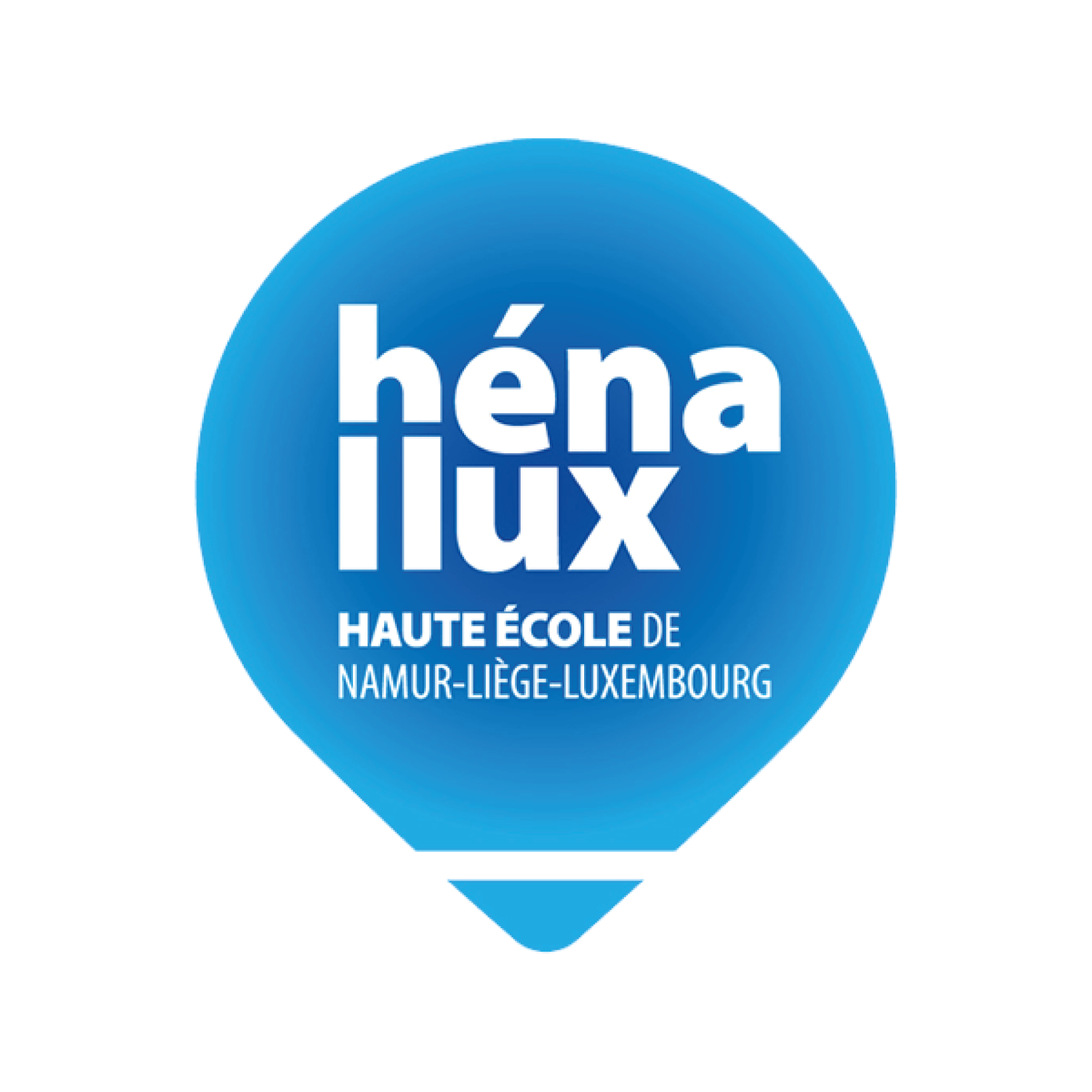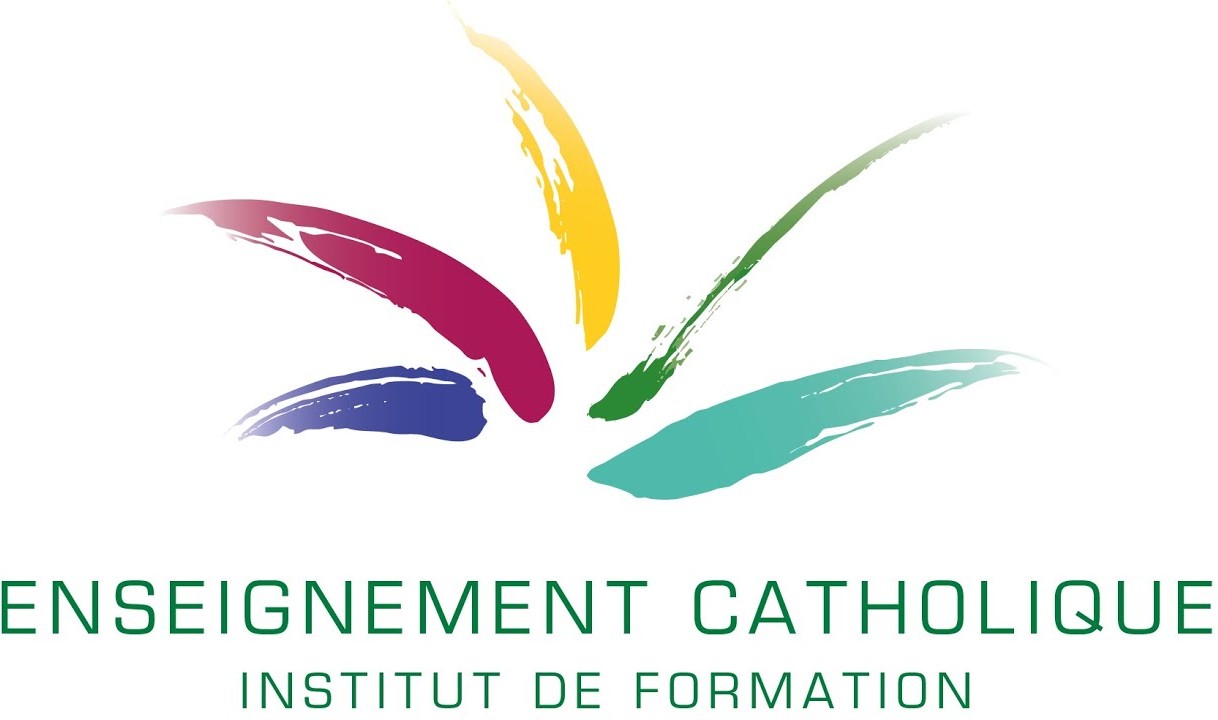A collaboration between UNamur - Hénallux - IFEC
Since September 2022, Hénallux and UNamur have been collaborating with IFEC (Institut de Formation de l'Enseignement Catholique) with the aim of raising awareness and training those involved in secondary education in educational differentiation, advocated in the Pacte pour un enseignement d'excellence.
To achieve this, various modalities have been devised and implemented: in-school pedagogical days, follow-ups in schools that request them, courses for differentiation referent teachers, courses for CSAs (support and accompaniment advisors).
The convention is coordinated by Sandrine Biémar (UNamur) and Alain Bultot (Hénallux), and the team of researchers includes Anne Libert (UNamur), Virginie Meyer (UNamur) and Sylvie Van der Linden (Hénallux).
Background
This collaborative research is part of a wider project devoted to differentiation, which brings together several courses with different aims and audiences.
These include in-school pedagogical training, the training of teacher-referents whose vocation is to be facilitators of the development of differentiation practices in their schools, training for all IFEC CSAs, as well as regular meetings with IFEC in-house trainers interested in this theme.
Collaborative research is part of this continuity, with each path nourishing the others. It aims to anchor reflection on differentiation in classroom practices in a mutual enrichment of theory and practice.
In practice

School courses :
pedagogical training and follow-up courses lasting from 1 to several days
.CSA course :
4-day training for all CSAs and IFEC
.Referent courses :
Training of pairs of school referents for 4 days + 1 day
.Trainers' courses :
community of practice with IFEC internal differentiation trainers
Collaborative research path :
accompanying teachers over a school year in implementing differentiation practices
.The objectives
Fostering teachers' power to act by mobilizing and interpreting objective data gathered in the field.
Collaborative research is built on negotiation between participants and researchers. Each stage of the research is therefore constructed together, in order to respond as closely as possible to the concerns and issues related to differentiation that are encountered in the specific contexts of each participant.
For example, the research question and sub-questions are co-formulated to respond as closely as possible to the concerns and issues in the field regarding the impact of a differentiated teaching posture on student motivation and autonomy.
.Methodology
This research is inspired by the protocol developed by Schildkamp (2018, 2019) within "Data TEAMS". It aims to develop and foster teachers' power to act through decision-making based on data collection and evaluation of school practices.
The data resulting from this research pathway will feed the referent and trainer pathways. In addition, data and productions resulting from this collaborative research will also be destined for colleagues and organizations from the various stakeholders (schools, CSA).
Want to get involved?
We are looking for pairs of teachers from the same school, which will facilitate the implementation of the process within each school concerned.

The theme
Develop and regulate differentiation practices in light of classroom data.
The objectives
Understand and act
- Understand, through analysis of available classroom data and exchanges of practice between professionals, the effects of a differentiated teacher posture on student motivation and autonomy.
- Objectivate one's intuition to act effectively.
Terms and conditions
7 meetings over the course of the year at the Salle des Pros (Rue Godefroid, 7 - in the center of Namur)
Why participate?
- To enrich research by drawing on practices in the field.
- To enrich your practices thanks to the support of the researcher-trainers.
- To meet other teachers who share your concerns.
Contact
For further information, please contact the research team
- Anne Libert : anne.libert@unamur.be
- Virginie Meyer : virginie.meyer@unamur.be
- Sylvie Van der Linden : sylvie.vanderlinden@henallux.be
Project coordinator
Sandrine Biémar: sandrine.biemar@unamur.be




